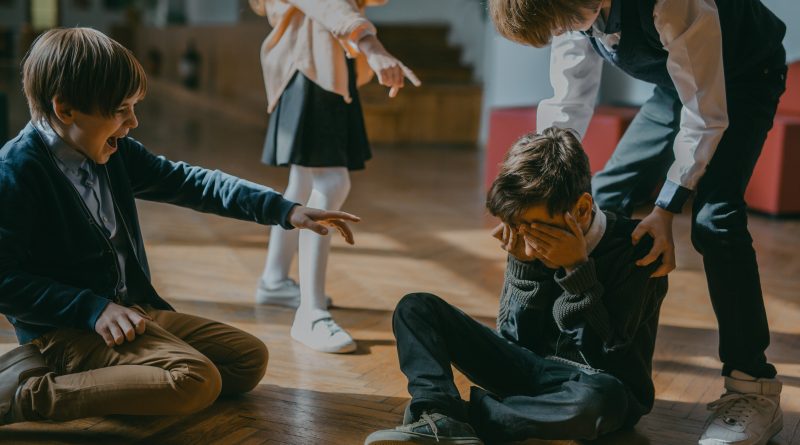Conflict Resolution Grants: Maryland School Leaders Look to Combat Violence
An argument between two 14-year-old girls escalated into a fight, and when one of the students tried to cut the other with a pocketknife, two staff members at Oakland Mills High School were injured.
To prevent recurring acts of violence like this at Oakland Mills and other schools in Howard County, officials are training teachers and students on how to build relationships that will lead to peaceful conflict resolution. Educators believe that teaching students how to resolve conflicts and sustain healthy relationships with their peers can help to reduce incidents of violence and criminal mischief.
Kevin Gilbert, director of diversity, equity and inclusion for the Howard County public school system, said his office is working to expand relationship-building skills, known as restorative justice practices, and train staff at more schools.
Libby Hikind, founder and CEO of Grantwatch.com, said grants that foster dialogue aim to make those practices in conflict resolution a reality.
“Education and training are just as important for educators and administrators as they are for parents and community members,” she said. “When presented effectively, programs in conflict resolution can help to create safe and healthy environments where students learn how to effectively handle their own problems.”
GrantWatch.com lists online the available conflict resolution funding opportunities for nonprofit organizations, public schools, and government agencies for educational, health, community, youth, and adult programs to learn how to diffuse situations and promote social and emotional development in their communities.
Hikind said that grant money can be used to start a conflict resolution program, hire individuals to manage a project, provide training or to resolve specific incidents and concerns.
The Howard County Education Association is currently writing a grant to the National Education Association to continue to incorporate conflict resolution methodologies into the school system.
Colleen Morris, HCEA president, said the teacher’s union has worked with the school system, NEA and the Community Justice for Youth Institute in Chicago to offer “peace circle training” for educators and administrators as well as parents and community members.
The school system and teacher’s union held a four-day training session last year with seven county schools. Morris said the training focused on creating “peace circles” — those opportunities that bring the victim and offender together — and how they can improve school climate.
“The emphasis in the training was on how the implementation of peace circles can build trust, promote social and emotional well-being and facilitate harmonious relationships,” said Morris. “Just like teaching academic subjects requires planning, preparation and knowledge of students, peace-circle implementation relies on well-trained facilitators to ensure a safe learning environment is created.”

